Table of Contents
Dental implants are one of the most successful methods used in tooth replacement offering functional and esthetic properties of natural teeth. Turkey is a popular location for these operations since the cost of the treatment is lower there than in the UK and any other country.
Some of the clinics such as Suave Clinic really outcompete when it comes to the provision of efficient dental implant brands from the international market and well-experienced surgeons to undertake the process effectively and at a cheaper cost.
This article will aim to offer more information about dental implants in general, the different types of dental implants available, the pros and cons of dental implants, and the Suave Dental Clinic process.
What are Dental Implants?
A dental implant is a surgical method that is used to replace lost teeth and it has more advantages concerning the aesthetics and the functionality.
An implant is made of a small, stainless threaded pin manufactured from implantation-compatible metals such as titanium installed in the jaw bones. consider this post to be a very strong core for artificial teeth known as Dental Crowns.
Single Dental Implant Structure:
To further understand what are dental implants you need to Know the Single Dental Implant Structure.
- Implant Post / Titanium Screw: the main structure, acts as the Artificial tooth root by Directly installing the Titanium Post or screw into the jaw bones.
- Abutment: A part that is screwed onto the implant post and on to which the crown is thereafter cemented.
- Dental Crown: One fixed in place of the missing tooth in the edentulous site and it is made in a manner that is similar to the natural tooth through which it also functions.
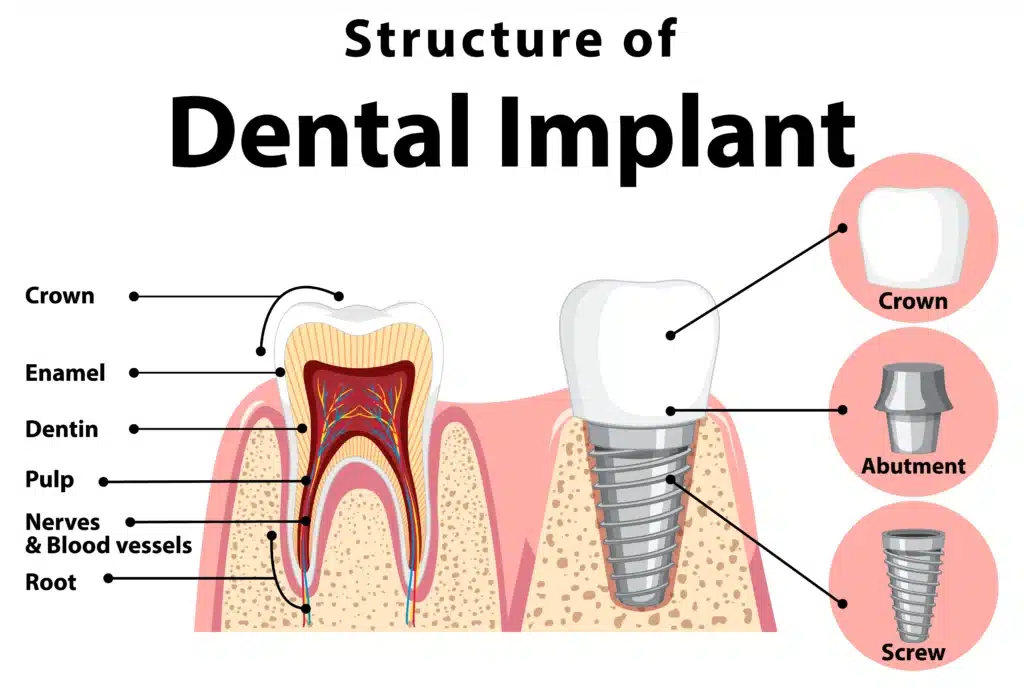
The dental implant procedure starts with the implant post placement Then we wait for 3 to 6 months for the osseointegrated. After that, an abutment is placed and then the dental crown or cap is also placed on it. It is prepared in a form that would harmonize with the natural dentition as far as color and contour or shape are concerned.
In its simplicity, dental implants are a rather complex solution to the problem of lost teeth and have both aesthetic and therapeutic value. An implant comprises a small, screw-like devise that is arbitrarily fixed into the jaw, with the use of metallic materials that are compatible with the body, such as titanium. Thus, this post provides good support for restoring an artificial tooth most commonly known as a crown.
Types of Dental Implants
The following is a list of some of the dental implants that are often used in practice depending on the patient’s needs.
1. All-on-4 or All-On-6 Dental Implants (Full Arch Replacement)
All-on-4 or All-on-6 is a tooth replacement procedure that is suitable for patients who require an entire set of teeth to be replaced. This procedure entails the use of four specially located implants to create a full-span prosthetic dentition in the jaws. It is appropriate for people who have had their teeth removed, partially or fully, and who would like to restore them with a secure and permanent solution that can replace conventional dentures.
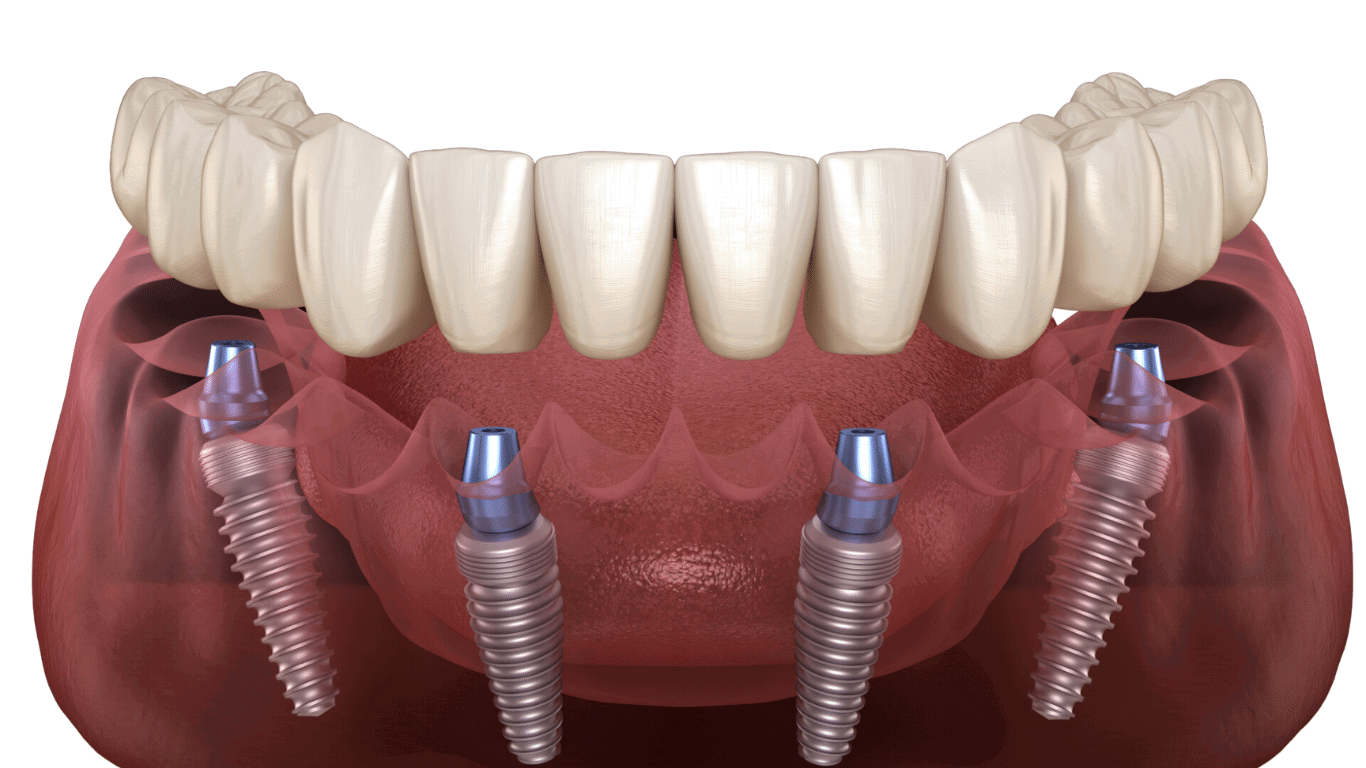
2. Zygomatic Implants (Anchored In the Cheekbone)
Zygomatic Implants (placed on the lateral aspect of the anterior maxilla and supported by cheekbones). They are used instead of mash obturators where there is a shortage of bone in the upper jaw to accommodate general implants.
Unlike maxillary sinus augmentation, no implant needs to be screwed into the jaw but instead, implants are positioned on the zygomatic bone also called cheekbone. These sorts of people can greatly benefit from such a technique as it provides strong support for the prosthetic teeth, especially in the upper jaw where their bone loss is severe.
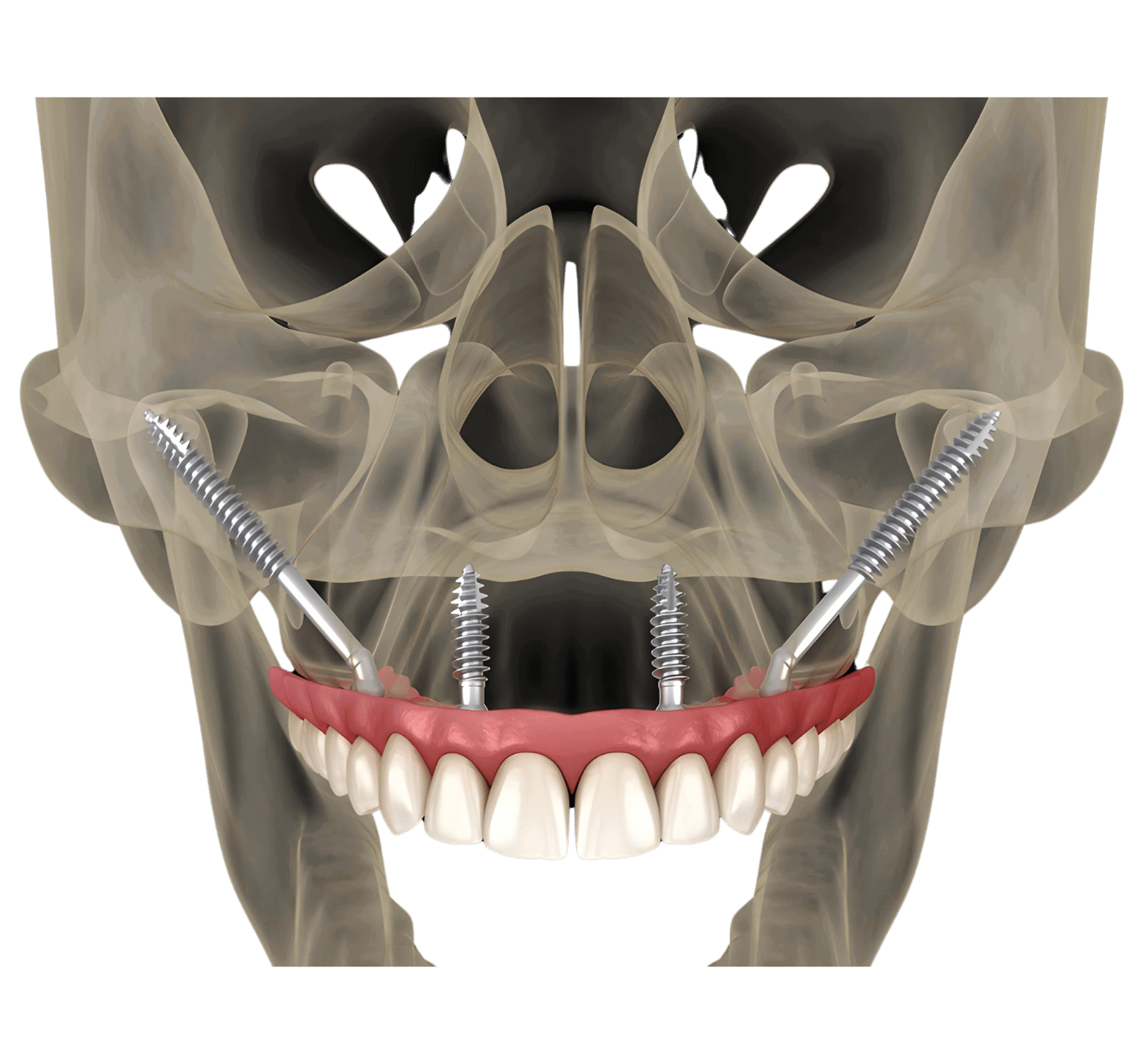
3. Mini Implants (Narrower In Diameter)
Mini Implants: thinner in diameter than the standard implants are. Mini implants can therefore be described as being of a miniature nature as compared to conventional implant fixtures. They are preferred by elderly patients or patients with low bone density or patients who need dentures.
These implants are usually used as roots for lower dentures or for substitution of small teeth; it is far from being as complex and time-consuming as the traditional methods, especially for patients who have specific kinds of needs.
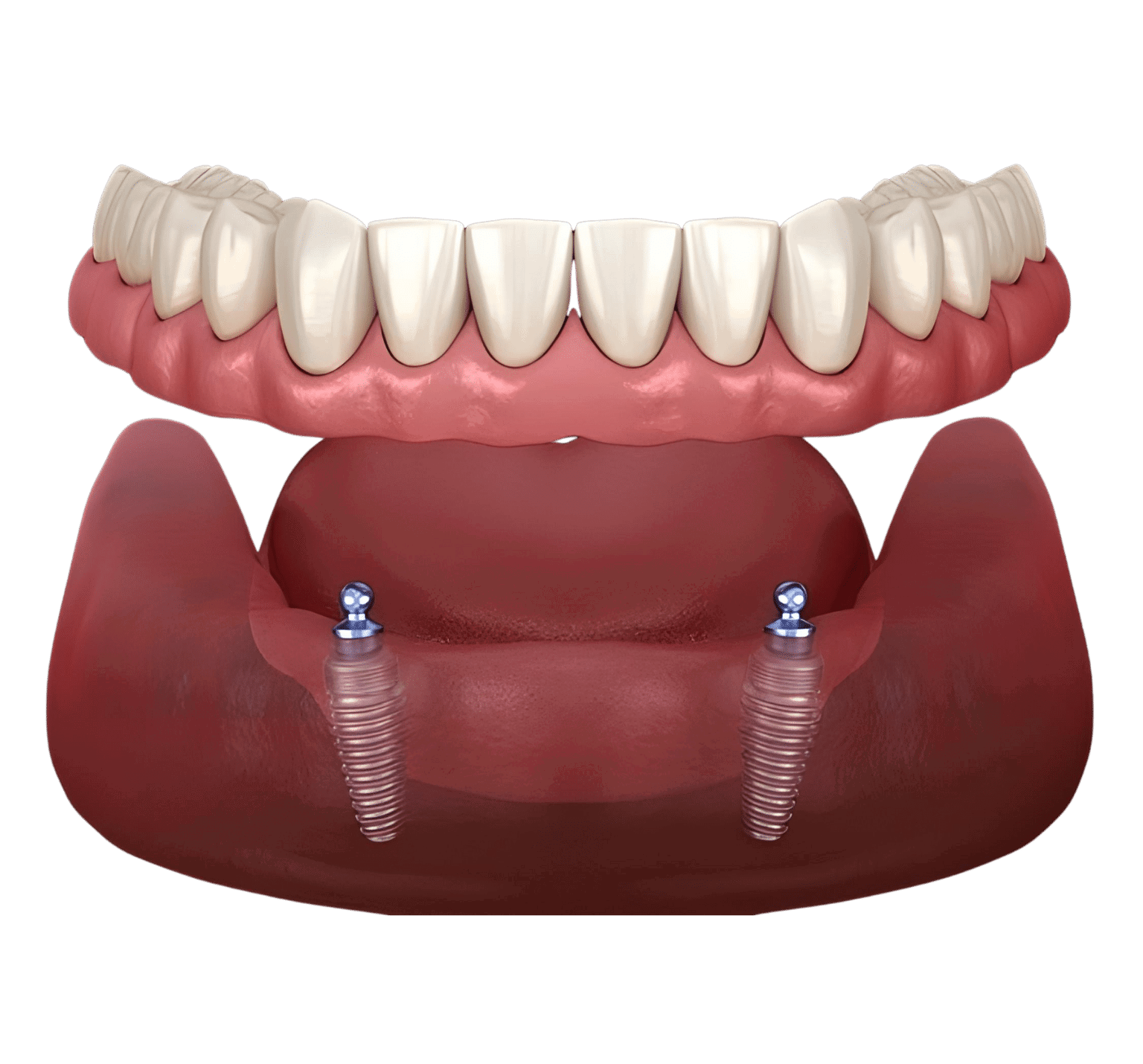
4. Subperiosteal Implants (On The Bone)
There are subperiosteal implants that are fixed directly on the jaws but they are a little below the surface of the gums. Screw-like posts of titanium penetrate through the gum to attach to the prosthetic teeth which can be of metal and ceramic.
This implant is most often recommended for those patients who are unable to use regular dentures and at the same time have insufficient bone density to support the endosteal one.
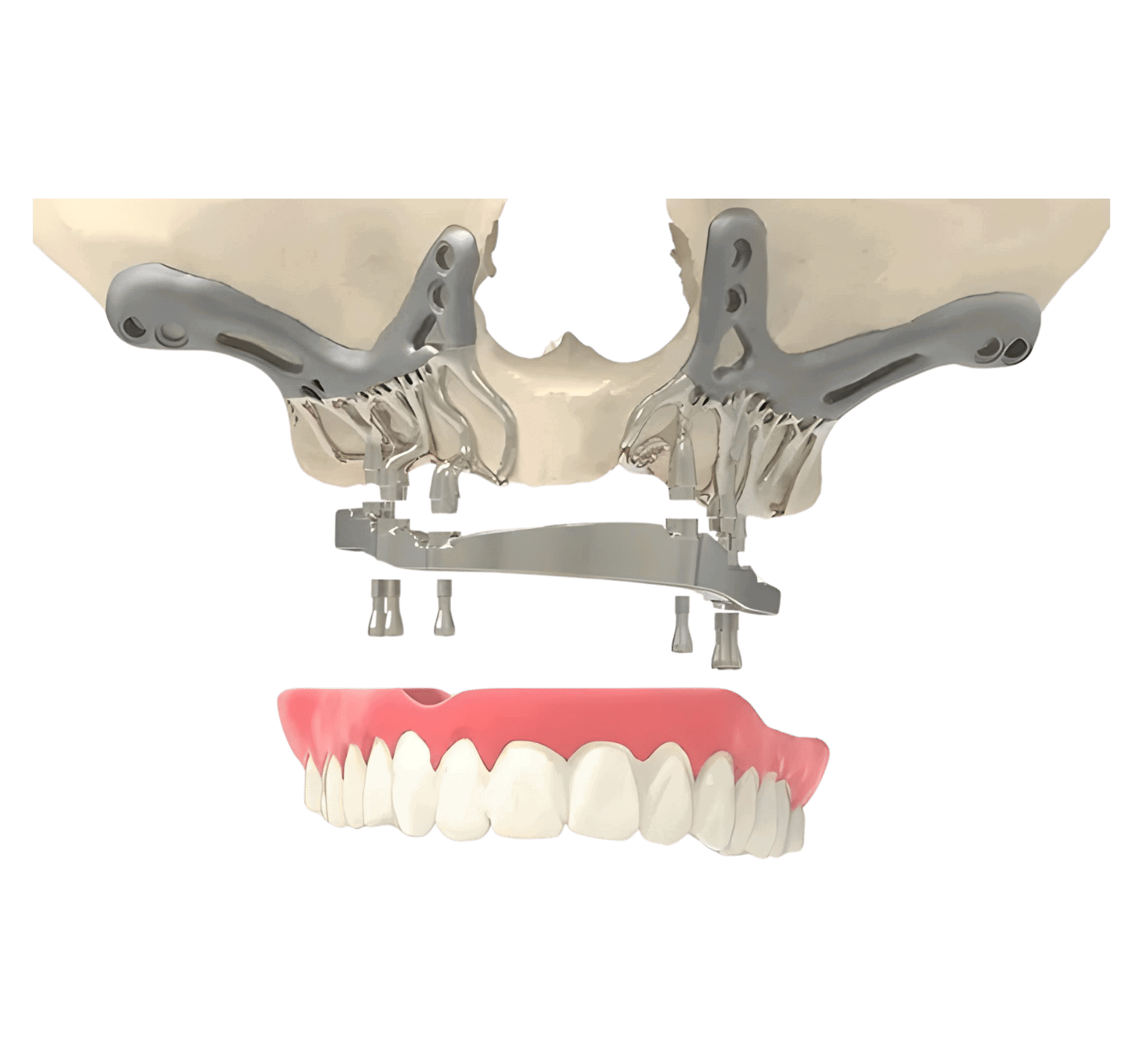
5. Endosteal Implants (Within The Bone):
Endosteal implant is one of the most common categories which is installed through surgery at the bone of a jaw. These implants are usually in the screw, cylinder, or blade design in order to possess the capacity to support one or more prosthetic teeth.
This option is appropriate for patients who are looking for implant retainers that will give them long-term solutions to replace missing teeth rather than bridges or removable dentures.
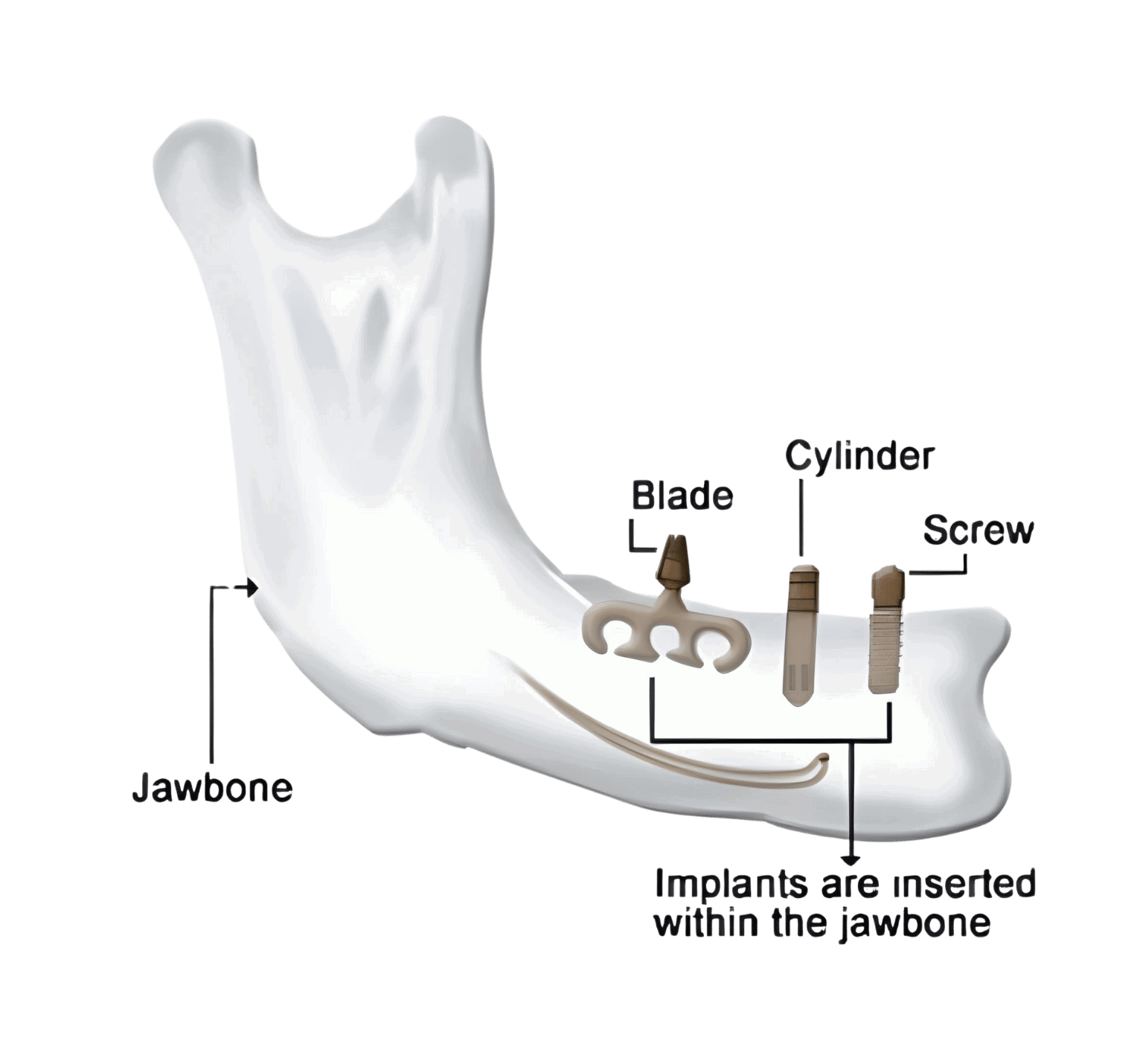
How do you know when you need a dental implant?
Here are 9 signs you might need a dental implant if you notice any of them:
- Missing Teeth: Gaps between two teeth and the adverse shift in the density of the bone of the face.
- Loose, Cracked, or Broken Teeth: May need extraction and replacement thus calling for its replacement.
- Severe Decay: In some situations, where an individual has broken teeth or teeth that are too decayed they are extracted and substituted with an implant.
- Uncomfortable Dentures: If they slide or cause some form of discomfort, they are readily replaced.
- Advanced Gum Disease (Periodontitis): Leading to loss of teeth.
- Loose Dental Bridges: This could be an indication of a need for dental implants.
- Sunken Face: One of the consequences of the loss of dental bones that support teeth.
- Difficulty Chewing: Dental implants assist in the correct chewing action to be accomplished.
- Speech Issues: Some dental problems which include cases whereby the teeth are missing or incorrectly aligned in the mouth, can cause distortions in the pronunciation of words.
Benefits of Dental implant
- Durability: It can last for several years, and in most cases, it can last an individual’s lifetime if well maintained.
- Natural Appearance: Appears and feels as if it is real teeth.
- Improved Functionality: It brings back normal chewing capacity compared to other dental treatments.
- Bone Preservation: Influences the maintenance of the jaw bone density.
Risks of Dental implant
- Infection: Capacities that may be identified at the implant location.
- Implant Failure: This may be as a result of poor osseointegration or as a result of excessive stress being placed on the implant.
- Nerve Damage: This may occur during surgery, and this may result in numbness or pain being felt by the affected part.
- Sinus Issues: In upper jaw implants the implants can be placed close to the sinus cavities if not done by an expert Dentist.
Dental Implant Procedures at Suave Clinic
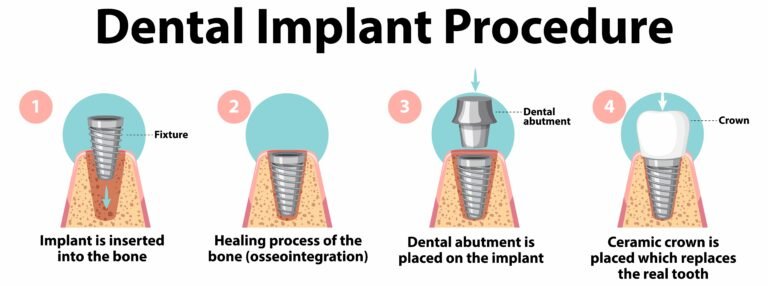
1. Free Treatment Planning Consultation
At Suave Dental Clinic, you will undergo Diagnostic Analysis with completely free X-rays and 3D Analysis to see the condition of your jaw bone and your teeth then give a tailored detailed treatment plan specific to you
2. Dental Implantation surgery
After the agreement on your treatment plan, the dentist will proceed with the dental implant placement which is usually made of titanium and is inserted into your jaw bone where it will act like a root for the new artificial tooth that is being replaced. In some cases where they have weak bones, they might need a bone grafting and membrane to enhance the bone density to stabilize the implant in it. also, some cases might need a sinus lifting. those conditions and many others are discussed and explained during our free dental treatment consultation.
3. Temporary Prosthesis Placement
After the dental implant surgery, the implantology usually takes an impression for your teeth to make a temporary denture and gives it to you to use as artificial teeth during the healing process.
This temporary prosthesis is usually made of acrylic and it’s either removable or fixed denture depending on the case
4. Osseointegration
Within the next couple of months the implant bonds with the jawbone, this process is known as osseointegration and helps to anchor the artificial tooth firmly. This process usually takes from 3 to 6 months depending on the patient’s case.
5. Removable Artificial Teeth
After the osseointegration process, you come back to the clinic and the dentist removes the artificial teeth and takes an impression of your teeth to prepare for the permanent teeth.
6. Placing the Abutment
After the removal of the artificial teeth, an abutment is put on the implant. This small connector also holds the new tooth in its position.
7. Fixed Artificial Tooth (Dental Crown Placement)
The last stage is to install a permanent dental prosthetic which is a dental crown, bridge, or even a full denture depending on the patient’s needs. Usually, dental crowns are made of any type of ceramic material, like zirconium or porcelain. It only takes one session to be replaced
How Many Days Does It Take For A Dental Implant To Heal?
Usually. the healing period after the dental implant surgery is divided into two periods:
- Tissue healing: the tissue and swollen face usually take up to 14 days to feel normal. During that period, you should be careful with eating anything.
- Bone healing: as mentioned before in the Osseointegration, it takes up to 6 months for the bone to completely heal and merge with the implant.
For more details about the healing process and aftercare, you can read Dental Implant Aftercare
How much do dental implants cost?
Dental Implant varies based on different factors:
- The implant Type
- The implant Brand
- The Number of Implants
- The additional treatments and services you have with the implant (Ex, Single tooth extraction, consultation, and the dental crown)
- The country where you got your implantation
Based on Those factors, the price varies a lot.
For example, according to Forbes Health in the USA , a single-tooth dental implant with abutment and crown the price ranges from 3100$ to 5800$.
Also, according to Bupa UK in the UK, the single tooth dental implant price starts at 2400£ equals 3100$, Similar to the USA Price.
Still, in some countries, they can offer an affordable price and high-quality service for the dental implant. Turkey comes at the top of those countries in terms of the quality and professionalism of the treatment, in addition to the amazing tourism experience. So the question is:
How much do teeth implants cost in Turkey?
The cost of dental implants can vary based on the brand the dentist is using or the type of dental implant. However, the Dental implant prices in Istanbul Turkey start at 650$ for the single tooth dental implant with Dental crowns and abutment.
Dental Implant at Suave Clinic
The dental implant procedure at Suave Clinic is divided into 2 visits to 3 visits:
- The first visit will be for the dental implant surgery and it takes from 3 to 5 days Depending on the details of your treatment plan.
- The second visit (after 3 to 6 months) will be for the dental crowns and it takes from 4 to 6 days.
- The Third visit (conditional): In some cases, if they have a very weak bone and face structure they might need open sinus lifting surgery which takes like 2 days for the procedure and up to 3 months as a healing period before the dental implant surgery.
During those visits, the patient goes through the dental implant procedure mentioned in the above section, starting from the treatment plan to the dental crown placement stages.
In addition to the dental implant procedure, we provide Free additional services for Dental implant packages including:
- Local Anesthesia
- Free Panoramic X-Ray
- Free Teeth Extractions
- Private Language Assistant
- Free Transportation Airport-Hotel-Clinic-Airport
- Lifetime Guarantee provided with Dental Implants.
Which dental implant brands do we have in our clinic?
Get A Free Dental Consultation
Get A Personalized Treatment Plan and Quotation
Dental Implants FAQs
How Long Does A Dental Implant Last?
You can immediately eat after Dental bonding because the curing step via the Light cure appliance secures instant hardening and retention of the dental bonding to the tooth structure.
Which Type Of Dental Implants’ Material Are Best?
Titanium systems are considered to be the best seen in light of the fact that they have high functionality and high durability and they integrate well with the bone (osseointegration).
There are also zirconia implants for patients who are allergic to metals but the most common one is titanium
What Is The Best Age For Dental Implants?
Implant dentures should be put in after the age of 18 since the bones of the jaw reach their mature size at this age. This ensures that the positioning of the implant is well anchored on the right bones of the body.
What Is The Failure Rate Of Implants? Are Dental Implants Safe?
The attrition with dental implants is relatively low being 5-10% over a decade or 10 years.
It must be noted that success rates will depend on the state of the patient’s general health as well as the quality of the bone and the level of expertise of the dentist.
Regarding the question of whether dental implants are safe in Turkey. Simply the answer is that Dental implants are very safe and the only time that they cause a lot of trouble is when an incompetent practitioner has conducted them. However, at Suave Clinic, we have a highly professional implantologist that completed more than 10000 implant surgeries with a success rate of more than 97%
Also regarding the surgery side effects; As with any other surgery, there are some side effects, however, the side effects are almost negligible and an average patient will not develop such effects.
What Is the Biggest Reason Implants Fail?
The major cause that leads to implant failure is lack of osseointegration which simply implies that the implant fails to integrate with the jawbone securely.The other causes may include infection; incorrect positioning of the implant; inadequate bone mass; or overloading of the implant. However, those are not common side effects.
What Are The 3 Types Of Dental Implants?
The three main types of dental implants are:
1-Endosteal Implants.
2-Subperiosteal Implants.
3-Zygomatic Implants.
Further Details were mentioned in the Dental Implant Types Section above
Is A Teeth Implant Painful?
The implant procedure in most cases does not cause any discomfort as the process is under local anesthesia. While there might be a certain amount of discomfort and soreness along the recovery process, you can deal with such feelings through the use of over-the-counter medications. and most of the cases the pain will go away in 2 weeks.By far most patients say that the pain perceived is still lower than predicted would be the case.









